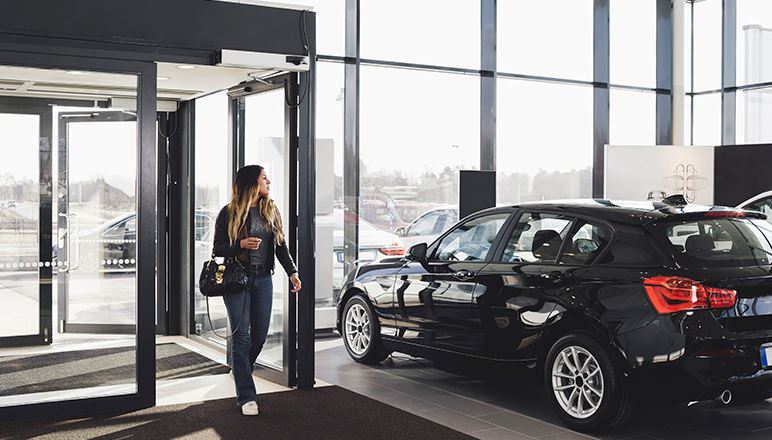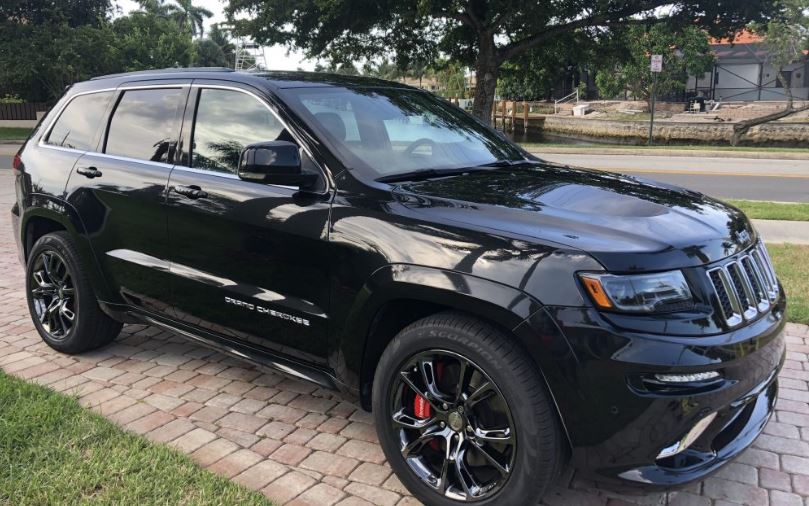As much as we love them and as much as they serve our personal needs, cars are machines, period. Yes, we’ve imbued them with personalities and many of us consider them a reflection of our tastes and sensibilities. However, when it comes to pure accounting terms, a car is a piece of equipment and as such is subject to depreciation.

This is one of the first things to bear in mind when questioning why new cars depreciate so rapidly.
Here are some others.
The Dealership Factor
Car dealers buy automobiles from manufacturers, who in turn must also make a profit on the car. When you stop and look at the typical new car dealership, you’ll see all sorts of costs associated with the business. Employees, rent, electricity, fuel, taxes and advertising, the list goes on and on and on.
All of those costs have to be factored into the price of the car.
If you try to sell the car back to a dealer after you’ve purchased it, they’re going to need to make a profit when they resell the car, so they have to leave themselves room to do so when they pay you for the car.
Meanwhile, if you try to sell the car to a private party, you won’t be able to offer the new car warranty or many of the other perks dealers can provide, so people expect to pay less. Sure, you can sell the car to a person for more than a dealer would offer, but you’re not going to get them to pay you the full retail price.
According to the vehicle history tracking service CARFAX, a new car can lose as much as 10 percent of its value during the first month of ownership. A 20 percent decline in value is typical in the first year, with additional 10 percent declines in each of the succeeding four years. As a result, a new car purchased today can be worth a mere forty percent of its current value after five years on the road.
The Age Factor
As time goes on, newer models are introduced with more features. To see this more clearly, compare your current car to the same model from 10 years earlier. Your car likely has a more powerful engine, gets better fuel economy and offers more comfort, convenience and safety features.
Those attributes are part of what makes your car more valuable than its decade-older counterpart. You also have to take general wear and tear into consideration. Odds are, that earlier model is going to require more repairs because its various components are wearing out over time.
This is one of the reasons auto lenders take the age and mileage of a car into consideration for car refinancing. They have to make sure there’s enough value in the car to support the loan.
The Perception Factor
A lot of folks want to be associated with the latest and the greatest. Many people will camp out in front of a store for hours (sometimes even days) before the release of a hot new consumer product. Such is the drive to be among the first to be seen in possession of it.
(And yes, we’re talking about you, iPhone fans.)
This demand makes the new device more valuable and the old one less valuable — up to a certain point. If the item is rare, highly coveted for whatever reason or has a desirable “pedigree” it will eventually gain collectible status and its value will begin to appreciate.
Of course, this can take as much as 25 to 30 years to happen.
Bottom line, those are the three biggest reasons why cars depreciate so rapidly. It’s also why most financial experts recommend buying used cars over new ones. It’s far better to let someone else absorb that initial depreciation hit, even as you enjoy the exact same car.



